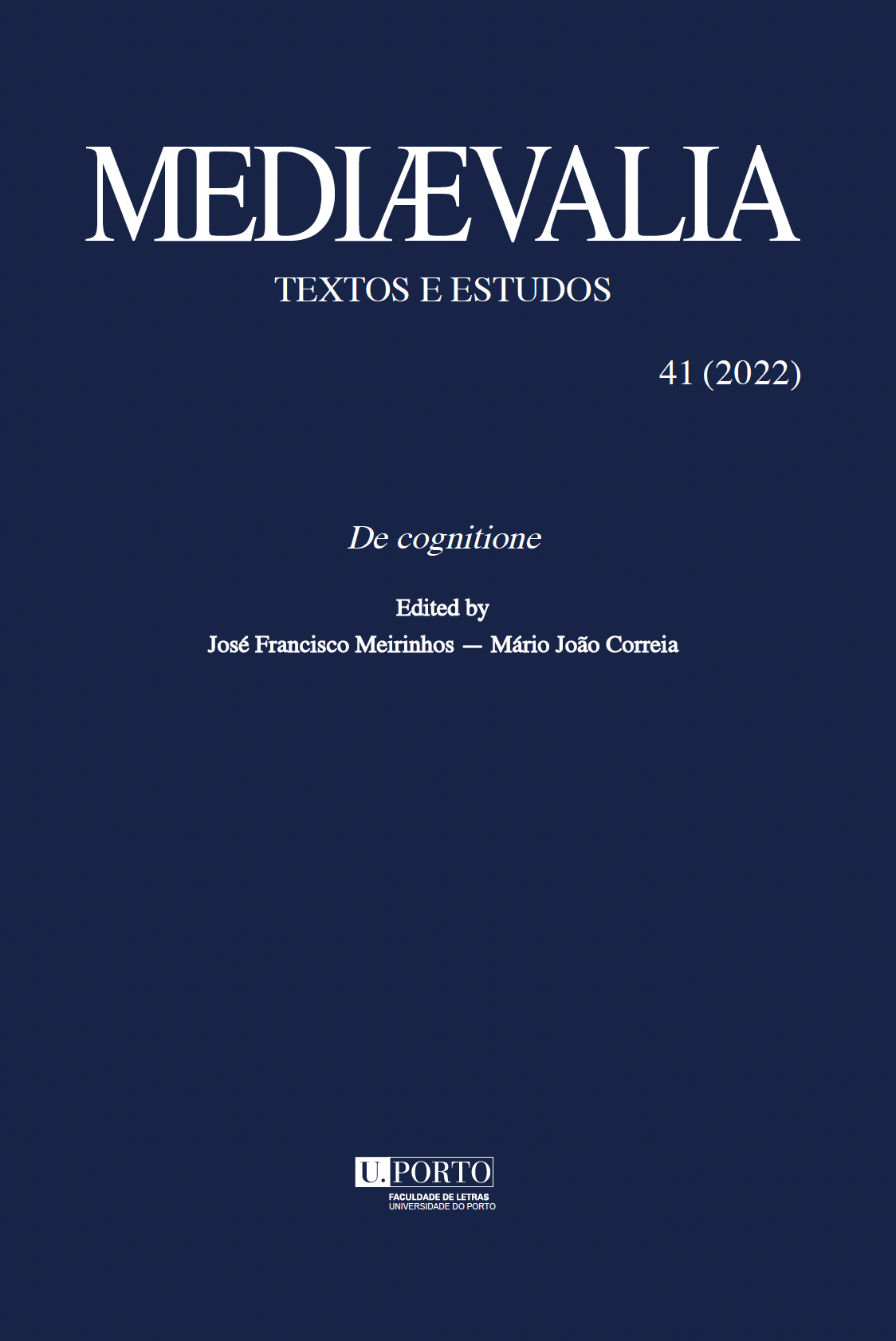El conocimiento teológico y filosófico de lo divino (al-ilāhīāt) entre judíos, cristianos y musulmanes según Ibn Taymīyah
Resumo
El artículo presenta una breve introducción sobre la recepción de la filosofía griega en la epistemología islámica de Ibn Taymīyah y su crítica al conocimiento teológico (al-ilāhīāt) al exterior de la cultura islámica, es decir, judíos, cristianos y griegos y, al interior de ella
con las sectas teológicas heterodoxas, los filósofos (al-Fārābī, Ibn Sīnā e Ibn Rushd) y los místicos (Ibn ‘Arabī) musulmanes. Se muestran los objetivos, metodologías y resultados del autor en su crítica epistemológica a la filosofía griega y musulmana, realizada a través de sus diversas obras de polémica religiosa, apología teológica y crítica filosófica para presentar una propuesta de racionalidad filosófica musulmana fundamentada en las fuentes religiosas islámicas y la terminología árabe para el conocimiento de lo divino desde la filosofía, la teología y la mística al interior de la cultura islámica. Asimismo, se demuestra el uso de los argumentos y la terminología filosófica por parte del autor en su crítica a la misma y la necesidad de estudiar su obra para conocer la respuesta de la teología islámica a la filosofía «greco-musulmana» desde la teología islámica ortodoxa como puente de diálogo con otras tradiciones filosóficas y religiosas.
Palabras clave: Filosofía musulmana; teología islámica; polémica religiosa; epistemología; estudios de las religiones.
Downloads
Publicado
Edição
Secção
Licença
Direitos de Autor (c) 2023 Julio César Cárdenas Arenas

Este trabalho encontra-se publicado com a Licença Internacional Creative Commons Atribuição-NãoComercial-SemDerivações 4.0.






